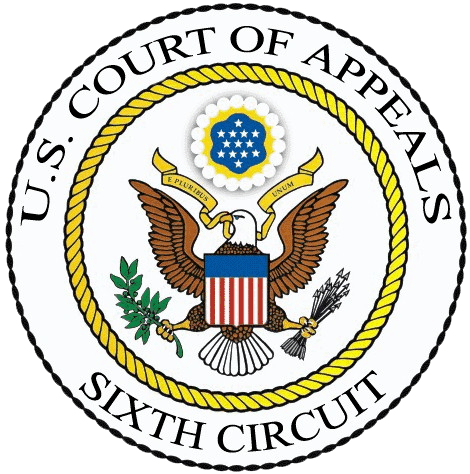 The Sixth Circuit issued an important decision today in Seaton v. TripAdvisor, LLC, a case concerning Tennessee defamation law and the scope of liability for online intermediaries that aggregate user-submitted content (in this case, hotel reviews). The Cyberlaw Clinic submitted an amicus curiae brief on behalf of the Digital Media Law Project in support of defendant TripAdvisor, and we’re pleased to report the Court of Appeals — like the District Court below — sided with TripAdvisor and rejected the plaintiff’s claims.
The Sixth Circuit issued an important decision today in Seaton v. TripAdvisor, LLC, a case concerning Tennessee defamation law and the scope of liability for online intermediaries that aggregate user-submitted content (in this case, hotel reviews). The Cyberlaw Clinic submitted an amicus curiae brief on behalf of the Digital Media Law Project in support of defendant TripAdvisor, and we’re pleased to report the Court of Appeals — like the District Court below — sided with TripAdvisor and rejected the plaintiff’s claims.
Plaintiff Seaton is the proprietor of a hotel that appeared on TripAdvisor’s 2011 “Dirtiest Hotels” list. He asserted several claims against TripAdvisor, including a claim for defamation.
In its decision yesterday, the Court of Appeals rejected Seaton’s defamation claim, holding that TripAdvisor’s “list cannot reasonably be interpreted as stating, as an assertion of fact, that Grand Resort is the dirtiest hotel in America.” The Court provided two bases for its conclusion:
First, TripAdvisor’s use of “dirtiest” amounts to rhetorical hyperbole. Second, the general tenor of the “2011 Dirtiest Hotels” list undermines any impression that TripAdvisor was seriously maintaining that Grand Resort is, in fact, the dirtiest hotel in America. For these reasons, TripAdvisor’s placement of Grand Resort on the “2011 Dirtiest Hotels” list constitutes nonactionable opinion.
The Court’s opinion notes that “‘top ten’ lists and the like appear with growing frequency on the web” and that “[i]t seems to us that a reasonable observer understands that placement on and ranking within the bulk of such lists constitutes opinion, not a provable fact.” And, it contains some important language about intermediary liability. Notably, footnote 8 makes clear that, to the extent Seaton sought to hold TripAdvisor responsible for statements by its users, Section 230(c) of the Communications Dececny Act immunized TripAdvisor against liability for such claims:
We note that even if the complaint or proposed amended complaint had alleged that TripAdvisor’s users’ statements are defamatory, TripAdvisor cannot be held liable for its users’ statements under the Communications Decency Act, 47 U.S.C. § 230(c)(1).
The Court of Appeals went on to reject plaintiff’s other claims as well, including claims for trade libel / injurious falsehood and tortious interference with prospective business relationships.
The Clinic’s brief for DMLP asked the Sixth Circuit to make clear that website operators that aggregate citizen reports and rely on that data to draw conclusions cannot be liable for defamation based on those conclusions. The DMLP argued that opinions based on disclosed facts are not defamation under Tennessee law and that protecting such opinions is consistent with the goals of the First Amendment. By disclosing the reviews on which it relied, TripAdvisor enabled its readers to independently assess the rankings, subjecting its conclusions to the marketplace of ideas rather than the courts.
UPDATE: Visit the Digital Media Law Project blog for in-depth analysis of the decision from DMLP Director Jeff Hermes.
(Public domain image of the 6th Circuit‘s seal courtesy of Wikimedia Commons.)
